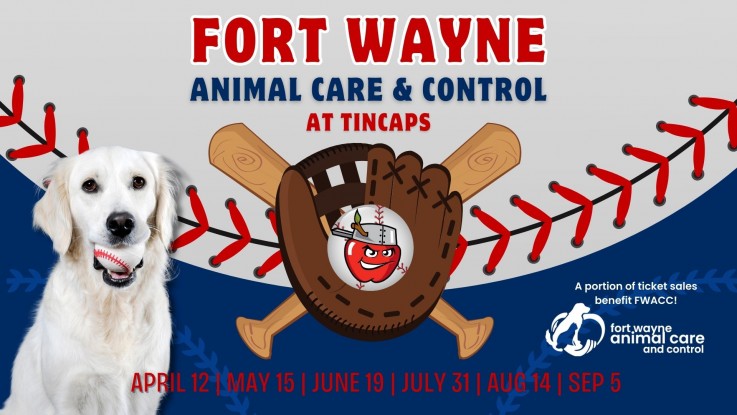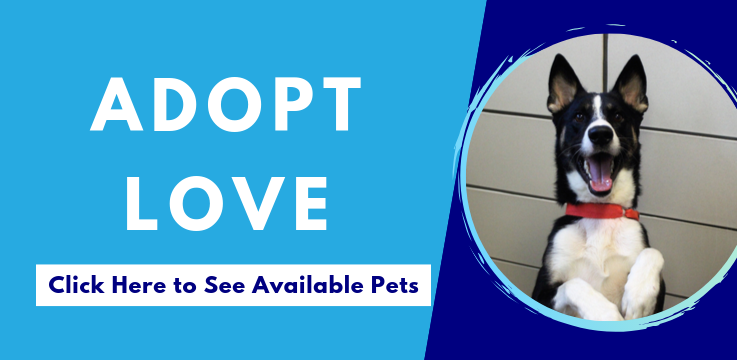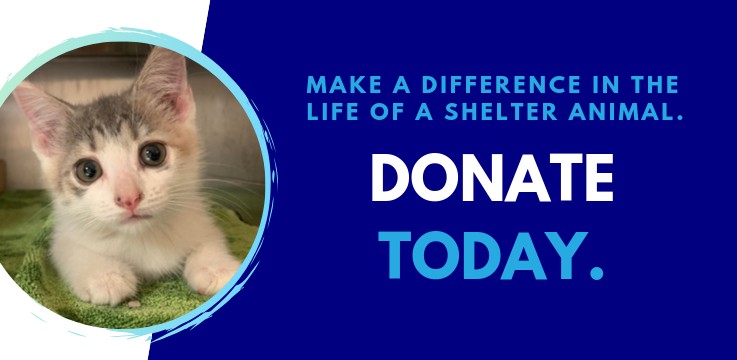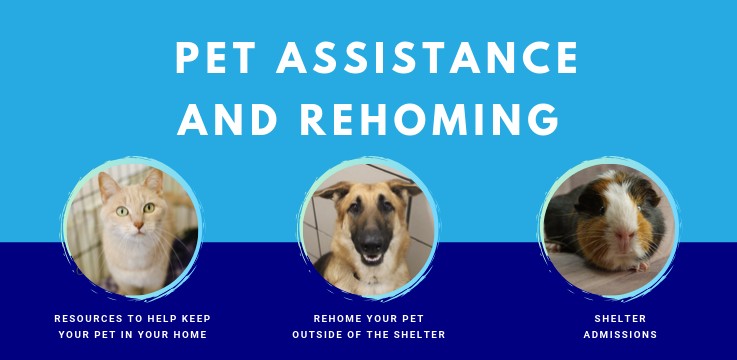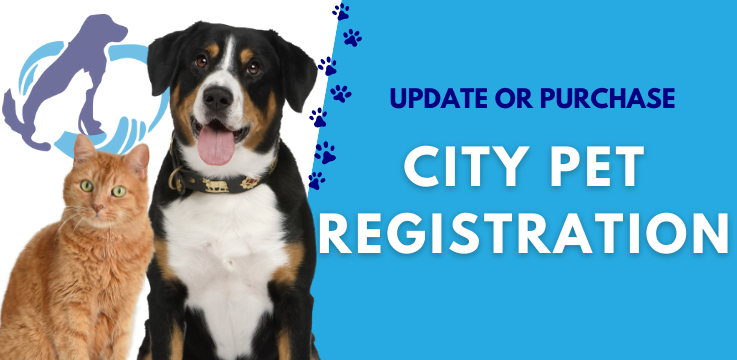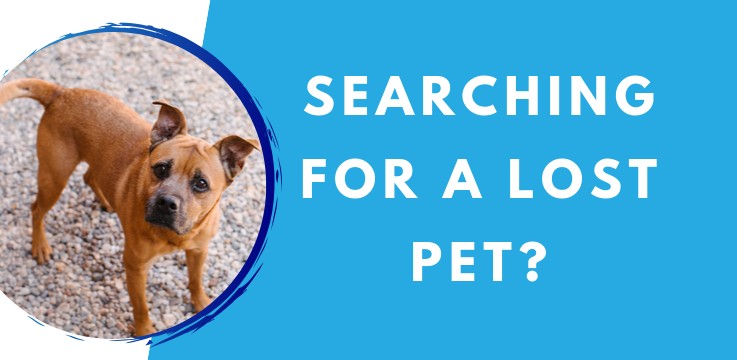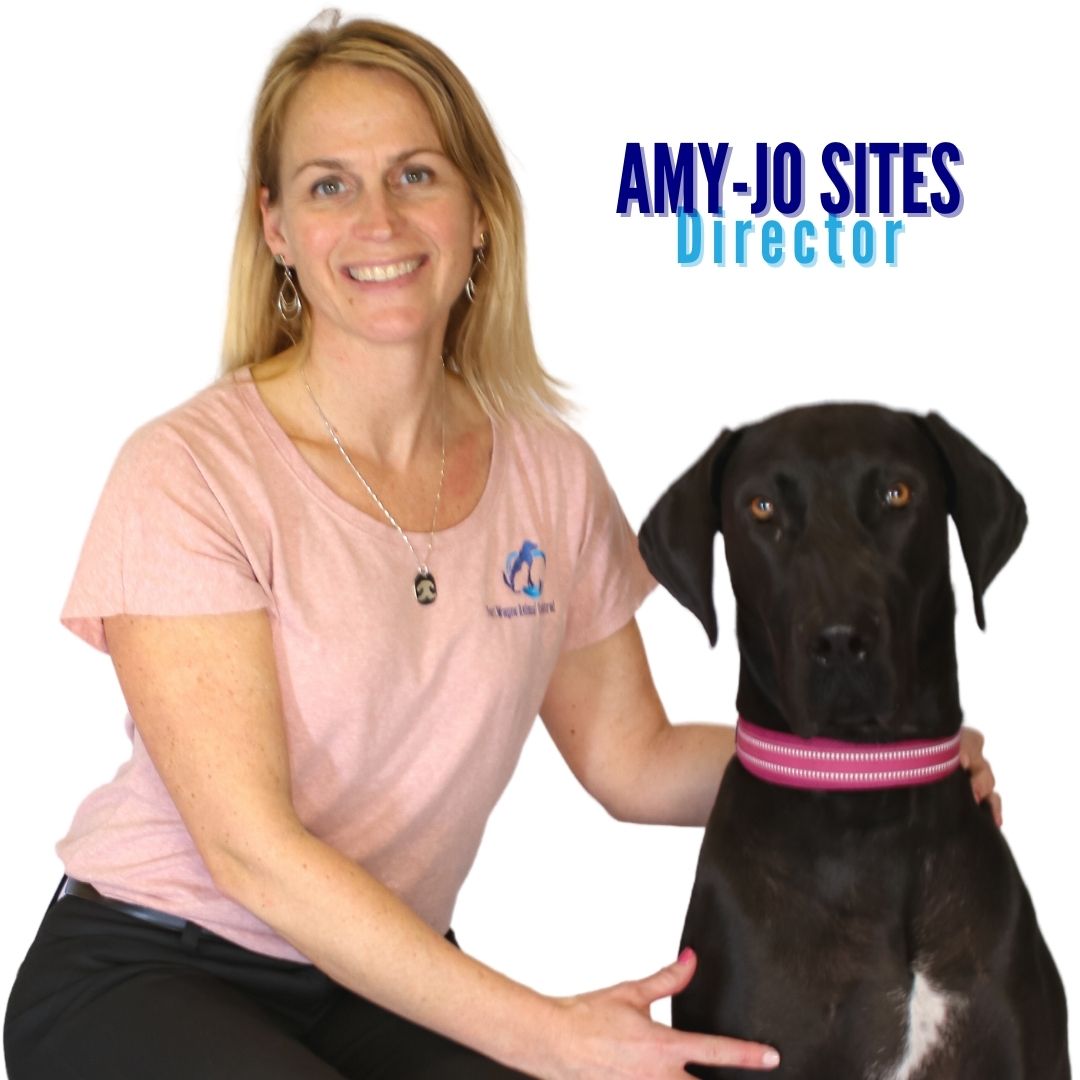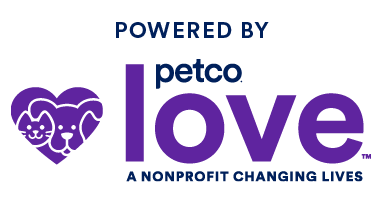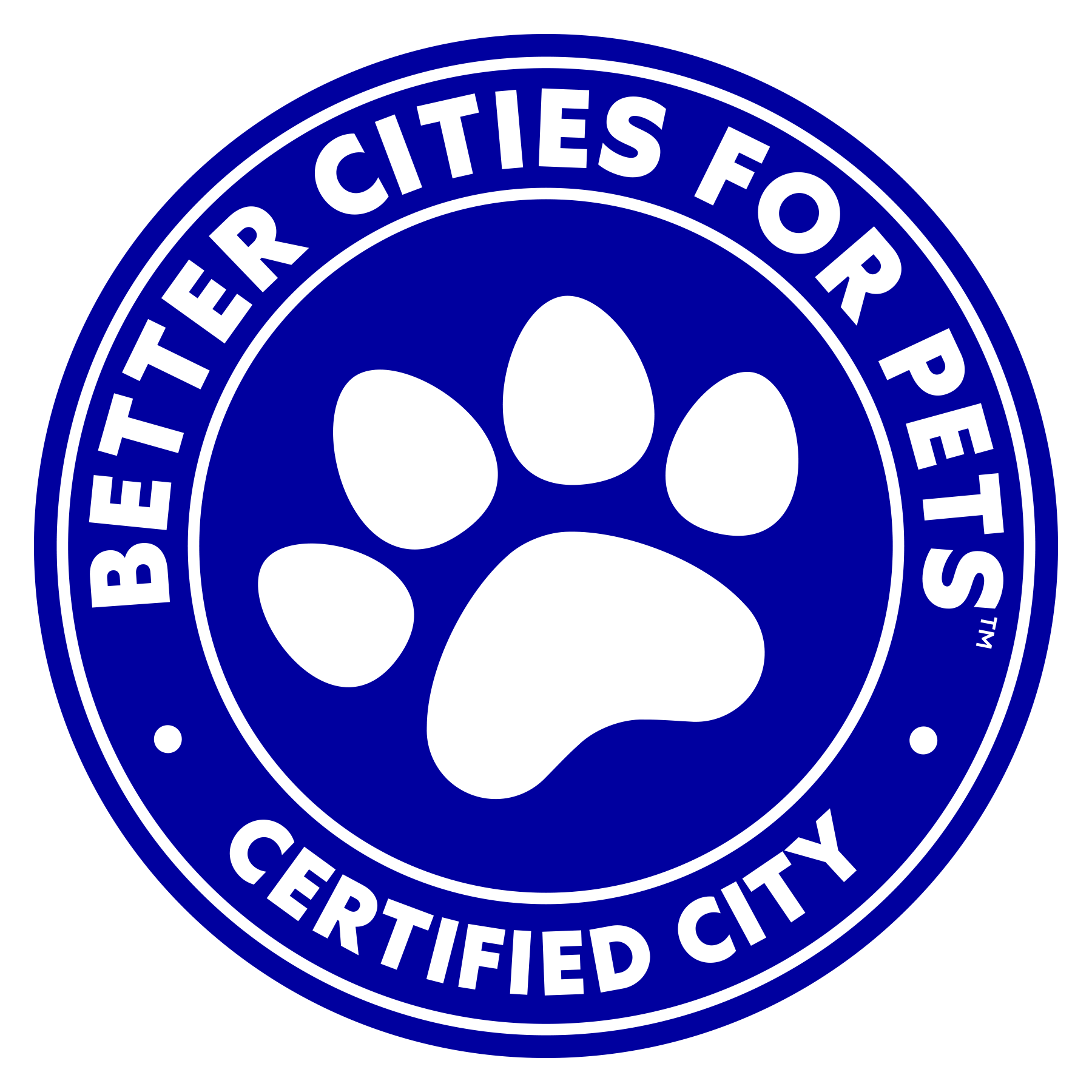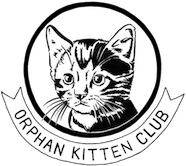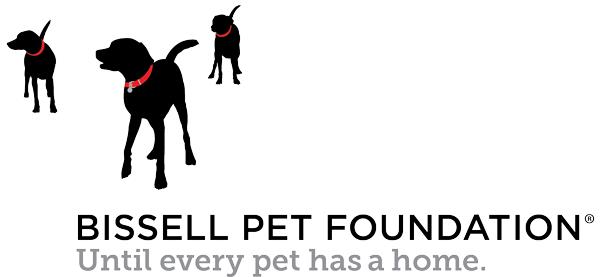Submitted by: Canine Companion
Dogs that growl, snap or bite are frequently labeled as aggressive and often owners and some trainers begin using punishment to stop the unwanted behavior. This does not work and it can make the problem worse. The underlying cause of the aggression must be understood and addressed.
Fear aggression is the most common cause of growling and biting. The dog's perception is that when presented with a new or frightening situation, growling or acting out makes things better. A dog who is afraid of strangers growls and the person backs away. A dog that does not like having their toenails trimmed growls and the owner stops trimming them. The dog learns that growling makes the scary thing go away.
When punishment is used with dogs displaying fear aggression, the aggression often gets worse. The dog is already in a frightened state. If while in that situation they get yelled at, hit or punished in any way, their fear increases. Often the growling may stop, but eventually the dog will bite if the underlying fear is not addressed. Pairing really good treats with the trigger is a good start to reducing the dogs fear.
Territorial aggression is when a dog barks at or even bites people who come on or near their property. This is a self rewarding behavior. The deliveryman walks up to the house and leaves a package on the door, the dog barks and the person leaves. The person leaving rewards the dogs barking. They do not understand that the person would have left anyway. A jogger approaches the house, the dog barks and the person passes by, once again rewarding the dogs barking.
Don't leave your dog out in the yard or alone in the house where he can see people passing by when you are not there to stop his behavior. Teach him to come into the kitchen to get tasty treats when the delivery van pulls into your drive. Call him for a game of fetch when out in the yard and people pass by. Teach him what you would like him to do in these situations instead of punishing him for his outbursts.
Inter-dog aggression is when dogs don't get along with other dogs and growl at or even fight with them. Sometimes this is only when on leash or confined behind a fence or kennel. In these situations, the dog's choices about how to greet another dog are limited by the leash or barrier. Similar to the fear aggression, the behavior of growling is rewarded by the other dog staying away.
Dogs that are aggressive with other dogs both on and off leash typically had little to no socialization with other dogs once they were taken away from their littermates. The socialization period for dogs ends at around 14 weeks of age. If they are exposed to few dogs, or people for that matter, they are more likely to show fear aggression and inter-dog aggression as they age. Begin pairing the appearance of other dogs with really good things, like tasty treats or a favorite toy, and his way of behaving may begin to change.
When a dog growls, the first response from most dog owners is to reprimand the dog. If you have a growling dog it is important to understand why they are growling and work to change the dog's attitude. If you can do that their behavior will improve.
Tip of the week: Does your dog growl, snap or bite? Find a trainer who uses positive reinforcement and behavior modification to help you change your dog's attitude about the situation. Bark questions to: Canine Companion, 11652 North - 825 West, Huntington, IN 46750 or email This email address is being protected from spambots. You need JavaScript enabled to view it.
Canine Companion conducts dog training classes in Fort Wayne, Huntington and surrounding communities and behavior consulting nationwide. Along with their combined 30 years experience and endorsement by national organizations, the lead trainers are graduates of Purdue University's DOGS! Program and have earned the title of Certified Pet Dog Trainer through the Association of Pet Dog Trainers.

